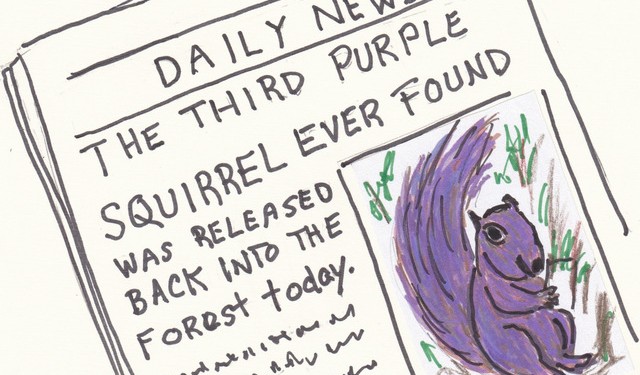I’ve worked in recruiting long enough to know that most hiring managers tend to have a very specific idea of what they’re looking for when it comes to launching a candidate search. It’s what they were taught in hiring school: Know what you want, so you can scoop it up when you find it.
Okay, so there’s no such thing as hiring school (though, if there were, it would probably consist of some pretty boring classes). But let’s be honest: It’s just human nature to invent in your head what you’re looking for in any situation long before you actually find it.
To an extent, it’s a good thing—knowing the qualities you hope to find in a candidate can absolutely help you to narrow down the search field and hone in on the right fit.
The problem comes when hiring managers get a little too specific about what they hope to find, and a little too stringent about those qualities they insist are crucial.
(Between you and me, most jobs require only a small handful of “crucial” qualities. All the rest can, and should be, seen as fairly flexible.)
When a hiring manager invents this perfect hire in their head, they come up against what recruiters refer to as the Purple Squirrel Dilemma. Essentially, they’ve invented a unicorn—a mythical creature that simply doesn’t exist, or if they do—they’re the needle in the haystack you may never find.
Need an example? What about the highly in-demand software engineer who is willing to move to a remote area and work for less than market value for a company with no real sex appeal. Does that candidate exist? Maybe, but probably not. And even if they do, the resources a company would have to put into finding that person would likely end up blowing the annual budget within a month.
The search for the purple squirrel, otherwise known as the “perfect candidate,” can often result in a lot of lost time, wasted money, and the ultimate realization that perfect is overrated.
Or, as a friend of mine is fond of telling me, “Perfect is the enemy of done.”
I can’t tell you how often I meet with candidates who are driven, brilliant, and quite capable of taking on new challenges, but who have resumes they don’t necessarily reflect a traditional career path. One of the things I often encourage them to do is to highlight the skills they possess that could transition easily into the career field they hope to enter. I tell them not to focus so much on past job titles and duty lists, and to instead emphasize their skills and capabilities.
I like to encourage hiring managers to do the same. Yes, it is important to know what crucial skillsets the right fit must possess, but it’s also important to be truly honest with yourself about what actually fits that “crucial” designation.
Don’t get so caught up in seeking out the purple squirrel that you miss the bright and easily teachable candidate sitting right in front of you. Oftentimes, companies find that by hiring the untraditional candidate, they actually produce an employee who exudes loyalty and an unparalleled enthusiasm for the job.
New challenges have a way of motivating people beyond what you would ever expect.
So consider this my plea to end the search for the purple squirrel. By doing so, you might just find you have a green squirrel in your application pile; not expected, and not necessarily what you were looking for, but no less unique and valuable for that fact.
ManUP today for success tomorrow…






